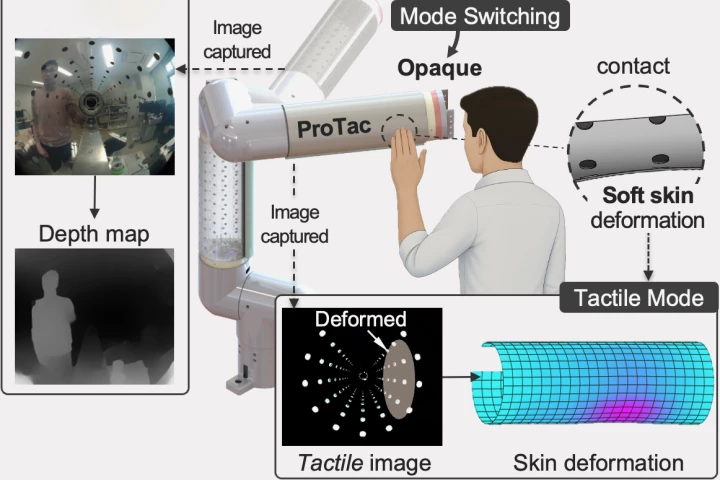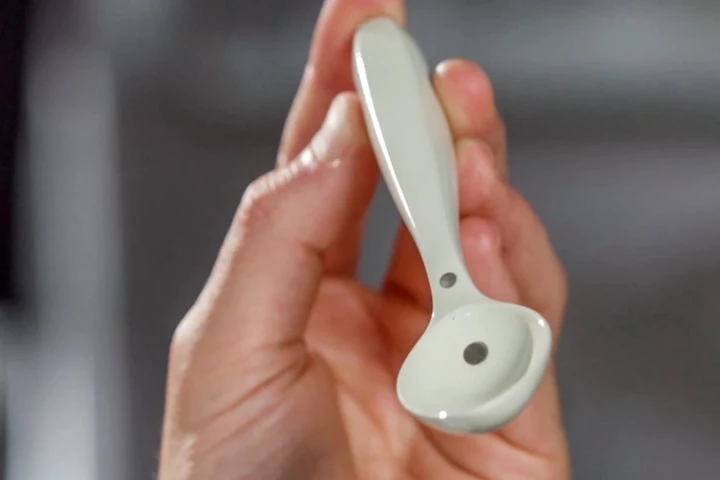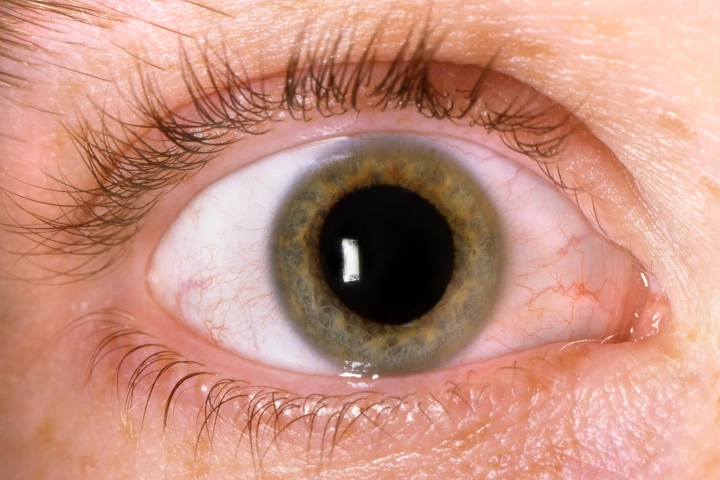Sensory
-
Researchers have developed an electronic skin that allows humanoid robots to distinguish everyday touch from damaging force. That ability, once reserved for living nervous systems, could reshape how robots interact with the physical world and with humans.
-
For millions, losing their sense of smell reshapes daily life. Once damaged, the system is difficult to restore. That challenge led researchers to stop asking how to fix smell, and start asking whether its information might reach the brain another way.
-
In a first, scientists believe they have confirmed we have another sense – a “remote touch” that we share with others in the animal kingdom, like some shorebird species that can sense prey beneath sand without seeing or touching it first.
-
In order for robots to operate safely around humans, they need to see that people are approaching and they need to know when they make physical contact with those people. A new system allows them to do both, using cameras located inside their arms.
-
VR is incredibly immersive for sight and sound, touch can be done, and even smell is starting to appear. That just leaves one sense – and whether or not anyone actually wants to taste virtual worlds, a new device is now tackling that final frontier.
-
Touch is a vital sense in human survival and experience, yet not all touch is equal. Men have less touch sensitivity than women, which comes down to biology. Using biomechanics, scientists have found that you can hack nature with hyaluronic acid.
-
Nature has again proven effective in treating health conditions, this time nerve injury. According to a new study, a compound found in the blessed thistle plant accelerates the regeneration of damaged nerves, restoring motor function and touch sensation.
-
We've all heard "to follow one's nose" when it comes to trusting your gut. Now, scientists have found that the brain does exactly this, when previously unknown decision-making time cells fire up and evoke a rapid physical response to certain smells.
-
It's been called plain and boring, but this Thescelosaurus species has now had its sad reputation upended, thanks to fascinating sensory discoveries that suggest it lived a unique, successful life underground, beneath the feet of its fearsome predators.
-
Some people feel that their food isn't quite tasty enough unless it had added salt, sugar or MSG. The SpoonTEK spoon offers a healthier alternative, as it reportedly boosts the perceived flavor of foods by harmlessly zapping its user's tastebuds.
-
Using their sonar system, toothed whales are able to zero in on prey in the pitch black conditions of the deep sea. Seals lack such a system, but still catch prey in the same conditions. New research now shows how their whiskers allow them to do so.
-
A study found pupils respond in the same way to the number of objects in one’s field of vision as they do to light. Experiments revealed pupils dilate in response to images with more dots, indicating sensing numbers is an innate perceptual mechanism.
Load More










